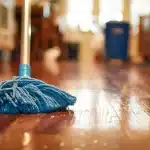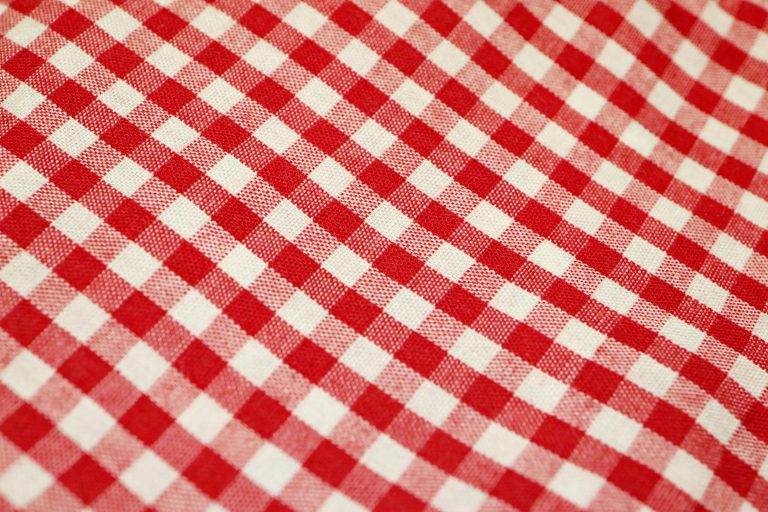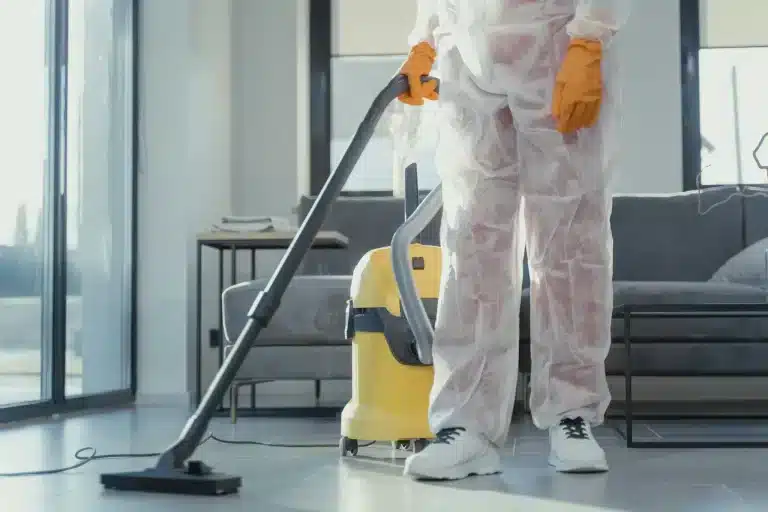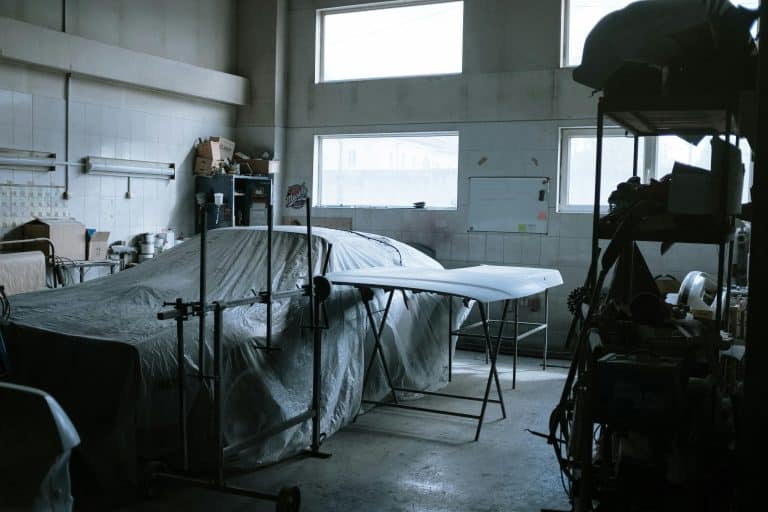In an ever-competitive real estate market, homeowners are constantly looking for ways to enhance the value of their properties. Preventative home maintenance, often overlooked, holds substantial sway in uplifting property value.
It keeps your home in tip-top condition and saves long-term costs and ensures you get the best return on investment (ROI) when it comes time to sell.
This article will detail the many facets of preventative home maintenance and how they can significantly impact property value. We’ll explore key maintenance tips, crucial areas to prioritise, the role of professionals, and how to measure the impact of these maintenance activities on property value.
Understanding the Importance of Preventative Home Maintenance
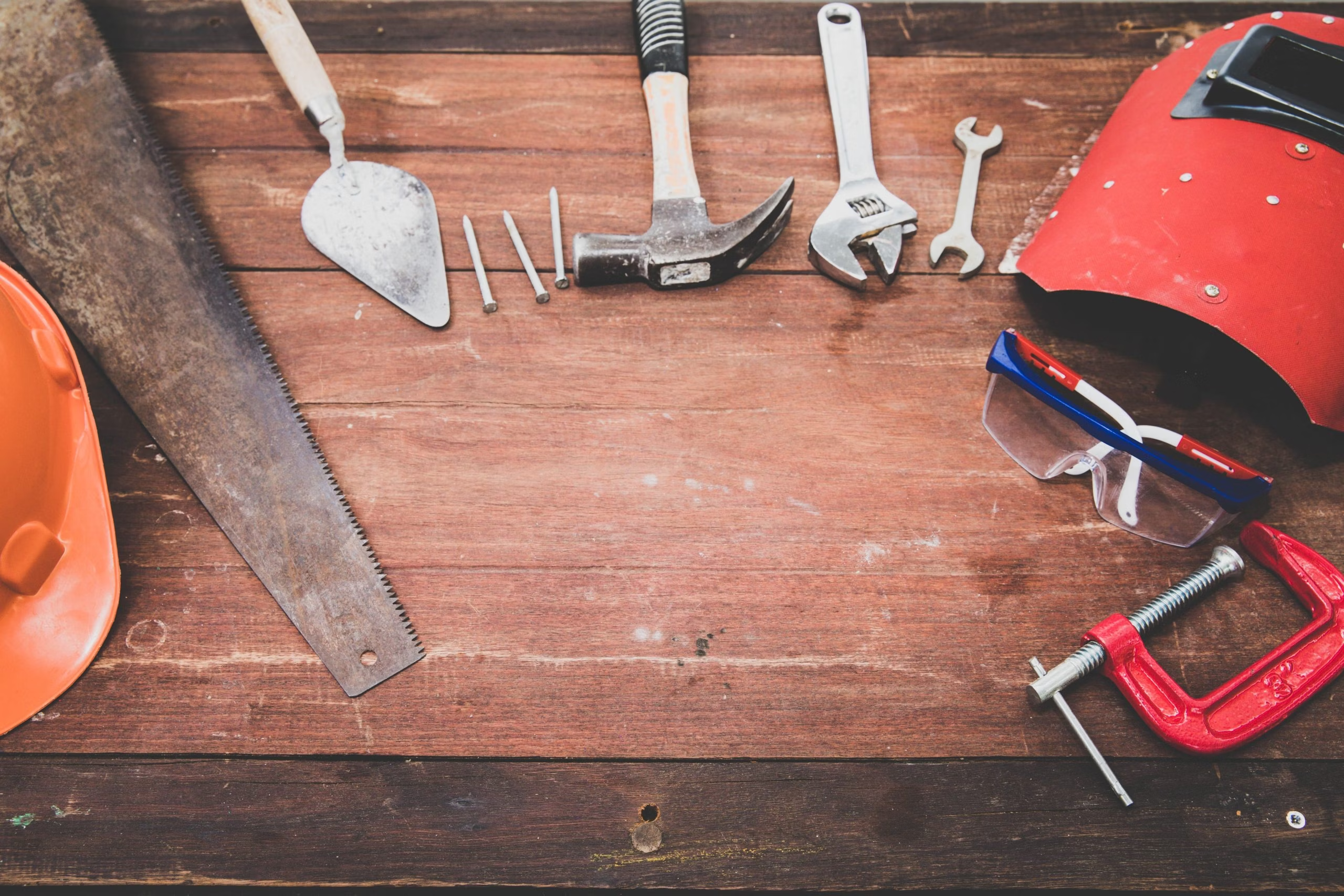
This concept involves routine inspections, regular upkeep, and addressing minor issues before they burgeon into costly repairs. When applied consistently, these small efforts can make a monumental difference in a property’s market value.
Preventative home maintenance includes many activities aimed at preventing major issues down the line. This could involve anything from inspecting your roof for minor leaks, and ensuring your HVAC systems are running optimally to checking the property’s plumbing and electrical systems. Essentially, it’s about being proactive rather than reactive.
Investing in preventative home maintenance has substantial economic benefits. For one, small repairs are often significantly cheaper than major ones. For example, catching a small roof leak early can prevent extensive water damage, leading to expensive repairs.
Moreover, a well-maintained home tends to attract more buyers willing to pay a premium, thereby increasing its market value. In the long run, this strategic investment more than pays for itself.
Essential Preventative Maintenance Tips for Homeowners
Being proactive with home maintenance is crucial. From regular inspections to meticulous landscaping, these tips ensure that homeowners are always ahead of potential issues:
- Regular home inspections can reveal minor issues before they morph into major problems. Schedule visits from a professional inspector at least once a year. Check for structural issues, pest infestations, and potential system failures. These inspections offer peace of mind and maintain property integrity.
- Don’t delay repairs. Simple tasks like fixing minor leaks, replacing worn-out shingles, or resealing windows can curb significant damages. Keeping an eye on minor issues and addressing them promptly prevents them from escalating into costly problems.
- Keep the home clean and clutter free. A clean home isn’t just aesthetically pleasing; it’s healthier and easier to maintain. Regular cleaning, especially of areas prone to moisture like bathrooms and kitchens, prevents mould and mildew. Additionally, clutter-free spaces make regular maintenance tasks easier and more efficient.
- Curb appeal matters. Regular landscaping, including mowing the lawn, trimming bushes, and maintaining garden beds, enhances the aesthetics of your home. Additionally, periodic cleaning of the exterior walls, patios, and driveways not only boosts appearance but also prevents long-term damage.
 Areas of the Home to Prioritise in Preventative Maintenance
Areas of the Home to Prioritise in Preventative Maintenance
Certain parts of a property require more attention due to their critical roles. Here’s a detailed overview of the areas that should be at the top of every homeowner’s maintenance checklist.
Property’s Foundation
The foundation is quite literally the base of your home. Any issues here can translate to significant structural problems. Regularly inspect for cracks or signs of shifting ground. Ensure proper drainage systems are in place to prevent water damage which can weaken the foundation over time.
- Roofing and Gutter Maintenance
Roofs shield your home from the elements. Maintaining them is crucial to prevent leaks and water damage. Regularly inspect and replace damaged shingles. Ensure gutters are clean and functioning properly to direct water away from the house. Blocked gutters can lead to water pooling and significant structural damage.
- HVAC System Checks
HVAC systems regulate indoor climate and comfort. Regularly servicing these systems ensures they run efficiently, reducing long-term costs and preventing sudden breakdowns. Clean or replace filters monthly, inspect air ducts, and schedule professional maintenance annually for optimal performance.
- Plumbing and Electrical System Maintenance
Plumbing and electrical systems are the lifelines of a functioning home. Regularly inspect pipes for leaks and ensure proper drainage. Moreover, keeping an eye on the electrical system for faulty wiring or outdated components can prevent hazards. Engaging professionals for regular inspections ensures everything runs smoothly and safely.
The Role of Professionals in Preventative Home Maintenance
While some maintenance tasks can be managed by homeowners, there are situations where professional expertise is invaluable. Professional inspectors bring a trained eye capable of identifying issues that might escape the untrained eye.
They provide comprehensive reports and actionable insights that guide necessary repairs and upkeep. Instances such as roofing repairs, HVAC servicing, and electrical inspections require specialised knowledge. Attempting to handle these tasks without adequate expertise can result in more harm than good, and even pose safety risks.
DIY maintenance is satisfying and economical for minor tasks. However, certain jobs necessitate professional intervention. For instance, plumbing issues, especially those requiring insurance for plumbing claims, often require certified professionals to address properly and avoid further complications.
Professionals not only mitigate potential damage but also enhance the longevity and structural integrity of your home. Their expertise ensures all repairs are done to the highest standards, positively impacting property value.
Measuring the Impact of Preventative Maintenance on Property Value
Regular preventative maintenance isn’t just about keeping things running smoothly – it’s an investment with a surprisingly high return. Think about it: catching minor issues early on prevents them from snowballing into expensive repairs down the line.
This not only saves you money in the long run, but also makes your property much more attractive to potential buyers or renters. They’ll appreciate the peace of mind that comes with knowing key systems and structures are well-maintained.
So, how can you gauge this value boost? While there’s no one-size-fits-all answer, a good starting point is to get appraisals before and after significant maintenance projects. Talk to local real estate agents who can give you an idea of how much these improvements might translate to in your specific market.
Additionally, keeping a detailed record of maintenance activities can be presented to potential buyers, demonstrating the home’s value proposition. Remember, a well-maintained property is an investment that pays off – both in terms of your wallet and your peace of mind.
Conclusion
Consistent and proactive home maintenance is vital for preserving and enhancing property value. Regular inspections, prompt repairs, professional interventions, and focusing on critical areas like the foundation, roof, and HVAC system can make a significant difference.
By investing in preventative maintenance, homeowners not only protect their biggest asset but also ensure they reap maximum benefits when it’s time to sell. Taking these steps fosters a healthier living environment and provides peace of mind, knowing that the property remains in top condition.
Encouraging homeowners to prioritise and invest in regular maintenance is essential, as it is a key strategy for boosting property value.

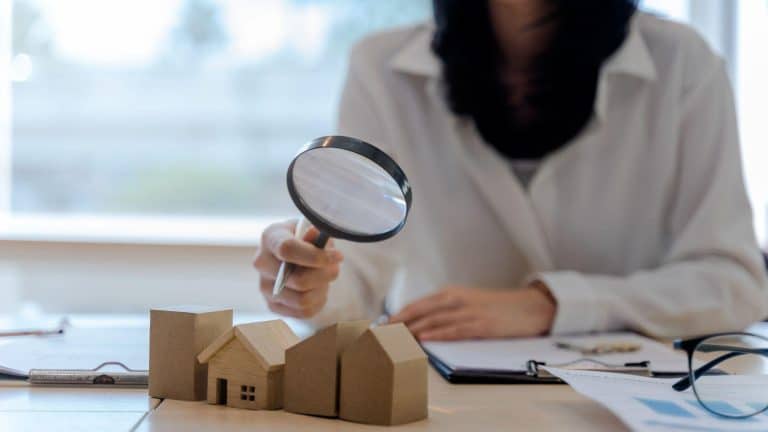
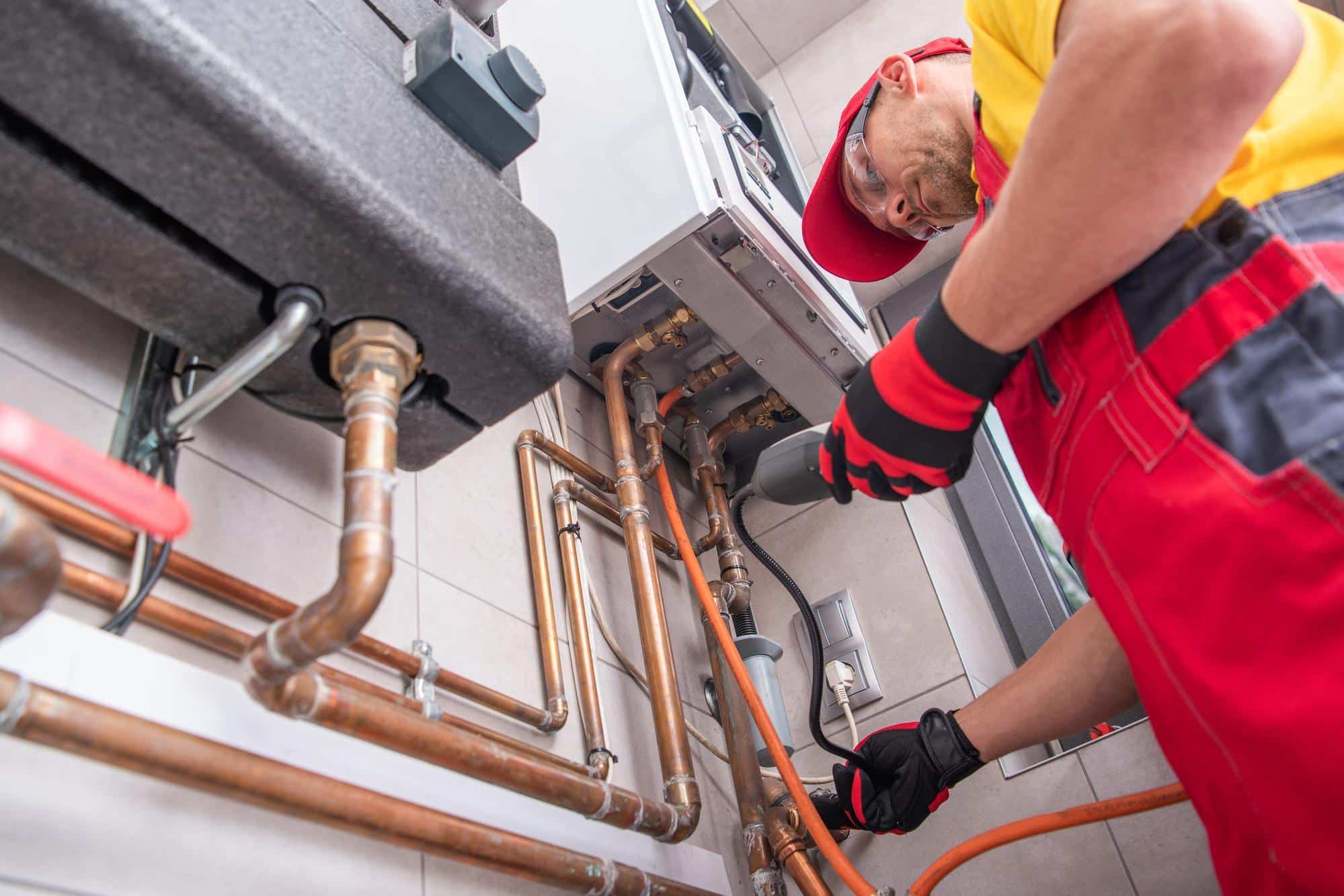 Areas of the Home to Prioritise in Preventative Maintenance
Areas of the Home to Prioritise in Preventative Maintenance